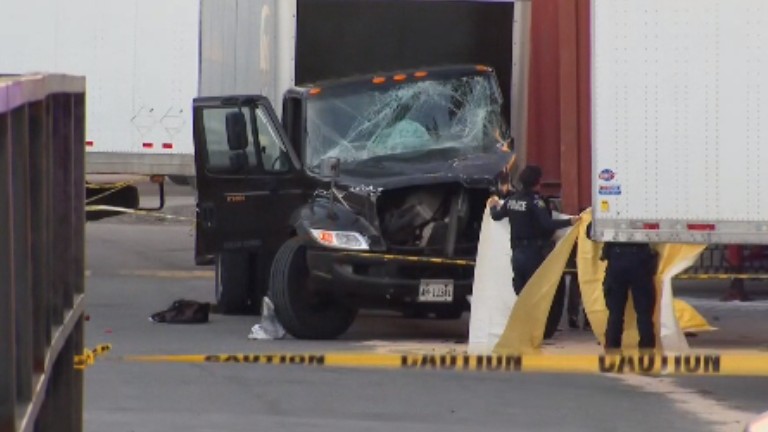Canadians would let Taliban leaders get to Kabul peace talks if asked: general
Posted October 22, 2010 9:58 pm.
This article is more than 5 years old.
KANDAHAR, Afghanistan _ The Canadian military has signalled it is willing to provide safe passage to Taliban members seeking to take part in preliminary peace talks currently underway in Kabul.
Brig.-Gen. Dean Milner, the commander of Canadian forces in Afghanistan, said he supports a NATO initiative that has allowed senior insurgent leaders to attend meetings with representatives of the Afghan government.
“I think that this is an excellent initiative,” Milner told a news conference Friday. “If we were tasked with something like this from our chain of command, absolutely (we would agree).”
But the Canadian military has yet to be approached with such a request, Milner added.
“It has not come that far yet.”
Milner’s comments comprised the strongest indication yet of Canada’s support for ongoing clandestine negotiations that involve senior representatives of the Taliban.
The meetings are believed to be a potential precursor to more formal peace talks that the Afghan government is trying to organize through its 70-member High Peace Council.
Speaking in Switzerland on Friday, Prime Minister Stephen Harper reiterated Canada’s support for a formal effort to talk peace with the insurgency.
“It has always been our position that that is part of an eventual solution, and that it’s not simply military action alone,” Harper said.
Canada’s support for any kind of settlement with the Taliban would be dependent on several conditions, including that they agree to lay down their arms and respect the Afghan constitution, he added. “Any agreement along those lines would be something that Canada would strongly support.”
NATO officials have provided few details about what has been discussed at the bargaining table so far, aside from saying the talks are in their early stages.
The Taliban has denied claims it sent a delegation to Kabul. Its official line has remained that it will not enter into negotiations until all foreign troops leave the country.
But a recent report in the New York Times suggested as many as three members of the Quetta Shura, the Pakistan-based committee that oversees Taliban activity in Afghanistan, have taken part in the talks.
It is unclear what form of safe passage the Canadian military could provide insurgents.
Most high-level Taliban leaders in the south operate from Pakistan, and Canada’s current area of operations is restricted to the eastern end of the Panjwaii district of Kandahar.
Panjwaii, which is located southwest of Kandahar city, has been the focus of recent NATO efforts to flush insurgents from the province.
The district, which is also the area of operations for most of Canada’s 1,200 combat troops, has seen a surge of U.S. and Afghan forces in the last several weeks.
As a result, said Milner, there are few senior Taliban left in the area.
“We’ve been taking out a number of their key leaders,” he said. “Now we have to determine exactly how many are left.”
He pointed to a strike earlier this week that killed two insurgents who had moved into Panjwaii to target Canadian and Afghan soldiers.
“The bottom line is we have established momentum here because of the number of troops on the ground.”










